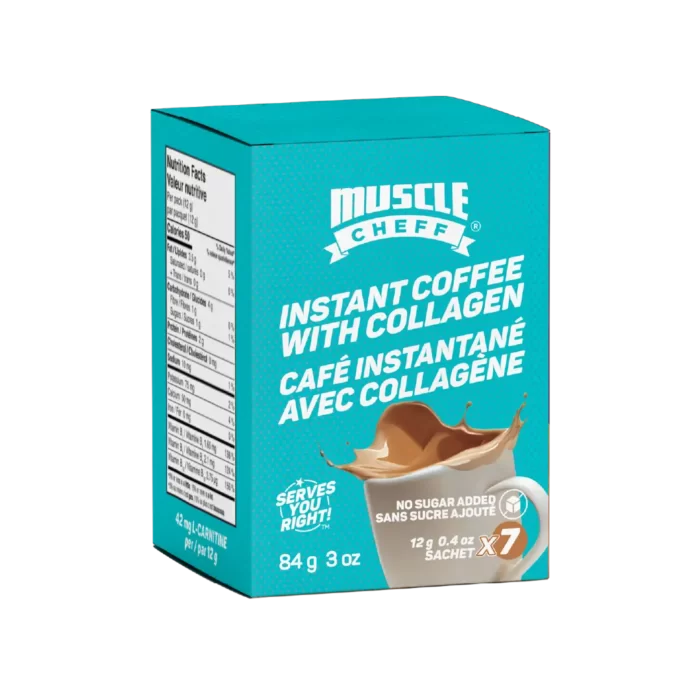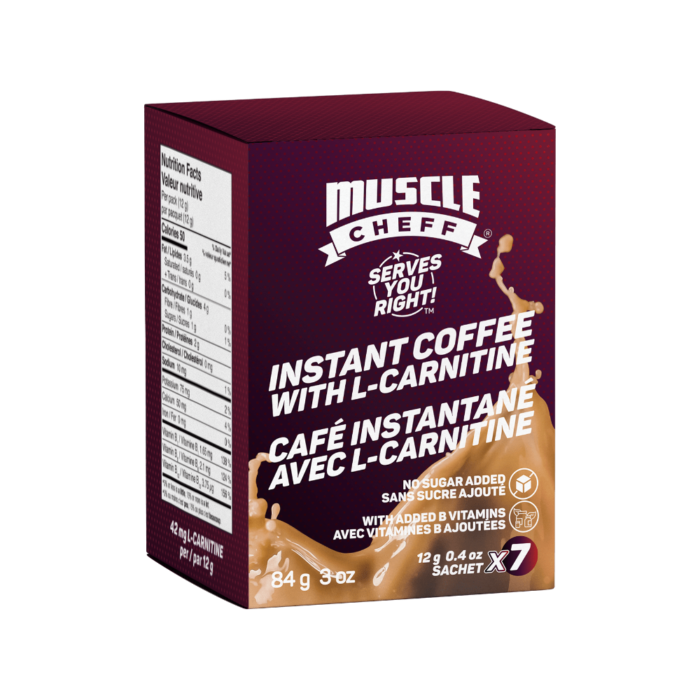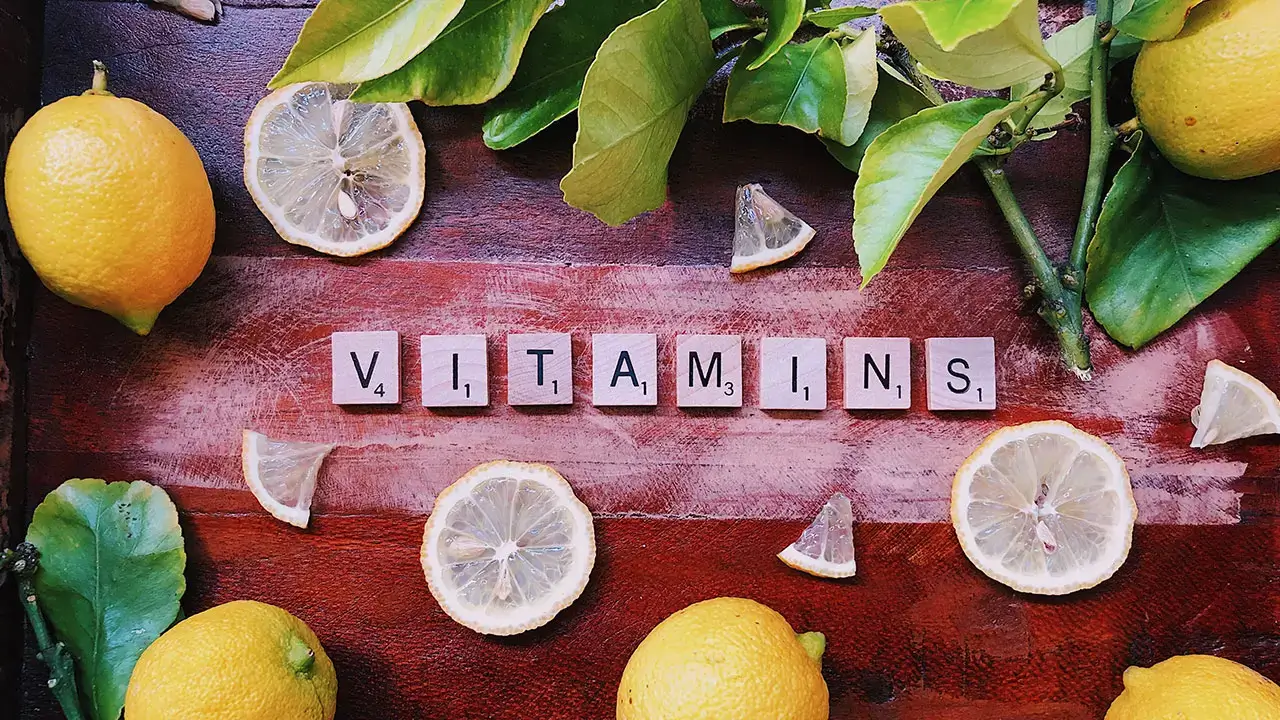Achieving success in athletics hinges on maintaining a balanced and sufficient nutritional regimen. Thus, embarking on the journey toward athletic excellence demands more than rigorous training and protein intake; it necessitates a comprehensive nutritional approach with meticulous attention in every aspect. In this blog post, we will delve into essential vitamins that can bolster health and optimize performance for athletes.
Vitamin A: Vision and Tissue Regeneration
The significance of vitamin A in promoting healthy vision is particularly crucial for athletes relying on visual acuity for optimal sports performance. Moreover, it can offer substantial support in sports requiring sensitivity and swift decision-making. Crucially, vitamin A plays a pivotal role in cellular health and aids tissue regeneration, facilitating recovery after strenuous exercise or injuries.
Vitamin A Sources: Carrots, sweet potatoes, spinach, eggs, and liver.
Vitamin B: Energy Provision for the Body
The vitamin B complex, encompassing B1 (thiamin), B2 (riboflavin), B3 (niacin), B6 (pyridoxine), B12 (cobalamin), and folate, significantly influences energy metabolism. These vitamins contribute to converting food into energy, ensuring the endurance essential for athletes during training and competitions. Products like Muscle Cheff L-Carnitine Coffee, enriched with protein, L-carnitine, and vitamin B, can supply the required energy when consumed before exercise.
Vitamin B Sources: Whole grains, lean meats, poultry, fish, eggs, dairy products, beans, and green leafy vegetables.
Vitamin C: Immunity and Recovery
For athletes pushing their physical limits, maintaining a robust immune system is vital for a consistent workout routine. Vitamin C, a potent antioxidant, aids in combating oxidative stress, supports the immune system, and plays a critical role in collagen synthesis—crucial for maintaining healthy joints and connective tissues.
Vitamin C Sources: Citrus fruits (orange, grapefruit), strawberries, peppers, and green leafy vegetables.
Vitamin D: Bone Health and Muscle Function
Strong bones are indispensable for athletes, providing structural support during intense workouts. Vitamin D plays a crucial role in bone health and is linked to increased muscle function and reduced inflammation, lowering the risk of injuries and supporting performance during and after exercise.
Vitamin D Sources: Sunlight, fatty fish (salmon, tuna), dairy products, and mushrooms.
Vitamin E: Antioxidant Protection
Engaging in rigorous physical activities generates free radicals that can lead to oxidative stress and tissue damage. Vitamin E, a robust antioxidant, neutralizes these free radicals, providing cellular protection. Adequate vitamin E intake contributes to faster recovery and supports cellular health, particularly beneficial for endurance sports and intense workouts.
Vitamin E Sources: Nuts and seeds (almonds, sunflower seeds), spinach, and vegetable oils.
Vitamin K: Blood Clotting and Bone Health
Vitamin K is crucial for blood clotting, making it valuable for athletes at a higher risk of injury during workouts or competitions. Additionally, it contributes to bone health by regulating calcium and enhancing athletes’ endurance.
Vitamin K Sources: Green leafy vegetables (kale, broccoli), Brussels sprouts, and fish.
In conclusion, athletes can not only enhance performance but also foster development by embracing the influence of vitamins. These micronutrients serve as more than mere supplements; they are the foundational elements of strength and endurance. Incorporating a diverse range of naturally nutrient-rich foods tailored to individual needs can contribute not only to overall health and fitness but also offer a strategic advantage.
Explore Muscle Cheff’s High-Quality Products
-
 Instant Coffee With Collagen (4.23 Oz. /12 g x 7 Pack)
Instant Coffee With Collagen (4.23 Oz. /12 g x 7 Pack)$9.99 – $16.99
$6.99 – $11.89 -
 L Carnitine Coffee (4.23 Oz. /12 g x 7 Pack)
L Carnitine Coffee (4.23 Oz. /12 g x 7 Pack)$9.99 – $16.99
$6.99 – $11.89

